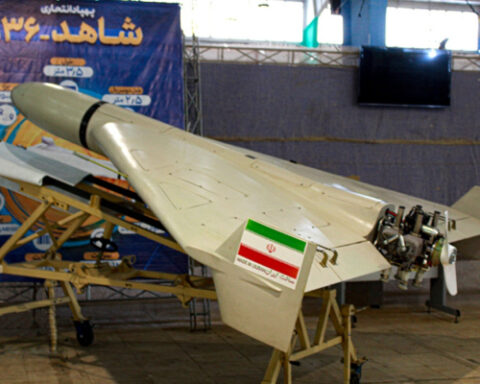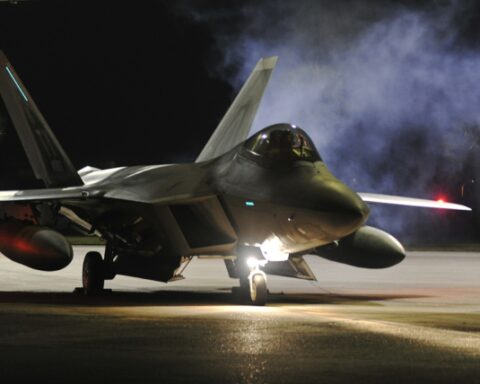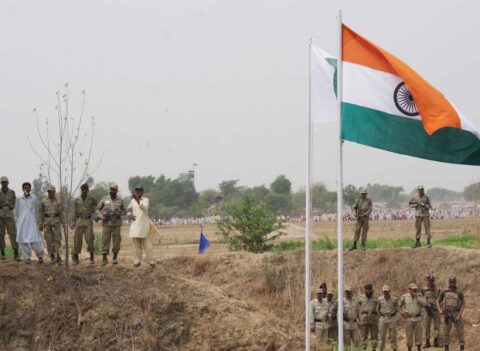Iran has now reportedly rejected a recent U.S.-backed nuclear proposal delivered via an intermediary, dealing a setback to renewed diplomatic efforts to curtail Tehran’s nuclear program and de-escalate tensions between the two longtime adversaries.
The proposal, delivered over the weekend by Omani Foreign Minister Sayyid Badr Albusaidi during a short visit to Tehran, was intended to restart substantive negotiations after several rounds of indirect talks.
But senior Iranian officials said the framework offered little of substance and ignored key Iranian demands, particularly regarding uranium enrichment and sanctions relief.
“The proposal is not acceptable in its current form,” said one Iranian diplomat familiar with the negotiations, noting that it offered “no new concessions” and effectively repeated Washington’s longstanding insistence that Iran dismantle parts of its nuclear infrastructure.
At the center of the disagreement is Iran’s enrichment of uranium to levels as high as 60% — just below weapons-grade.
The United States and its allies have demanded that Iran halt enrichment beyond limits set in the 2015 nuclear accord, and ship its enriched stockpile abroad.
Iran, however, insists it has the right to pursue peaceful nuclear energy and has repeatedly said it will not accept what it sees as unequal terms.
Tehran’s leadership remains deeply skeptical of American intentions, especially after the U.S. withdrew from the 2015 agreement under President Donald Trump and reimposed sweeping economic sanctions.
Those sanctions have continued under the Trump administration, despite stated hopes of reviving diplomacy.
Iran’s foreign ministry has expressed frustration that the new proposal did not include specific, binding commitments to lift sanctions or prevent a future administration from again abandoning an agreement.
For Tehran, these assurances remain critical to any potential deal.
While the rejection of the proposal appears likely, Iranian officials have left the door open for continued engagement.
President Masoud Pezeshkian has emphasized that Iran remains willing to negotiate “in good faith,” but only under terms that respect its sovereignty and rights under international law.
For its part, the Trump administration has said its goal is to prevent Iran from obtaining nuclear weapons, while maintaining diplomatic options alongside continued pressure.
But with each passing round of failed talks, skepticism is growing on both sides about the viability of a breakthrough.
The deepening mistrust and the rising stakes — particularly in light of Iran’s expanding nuclear capabilities and limited international oversight — have raised concerns across the region and among global powers.
As diplomacy stalls, the prospect of further instability looms, underscoring the urgency and fragility of the moment.
[READ MORE: US/China Talks Break Down Over Rare Earth Minerals]








